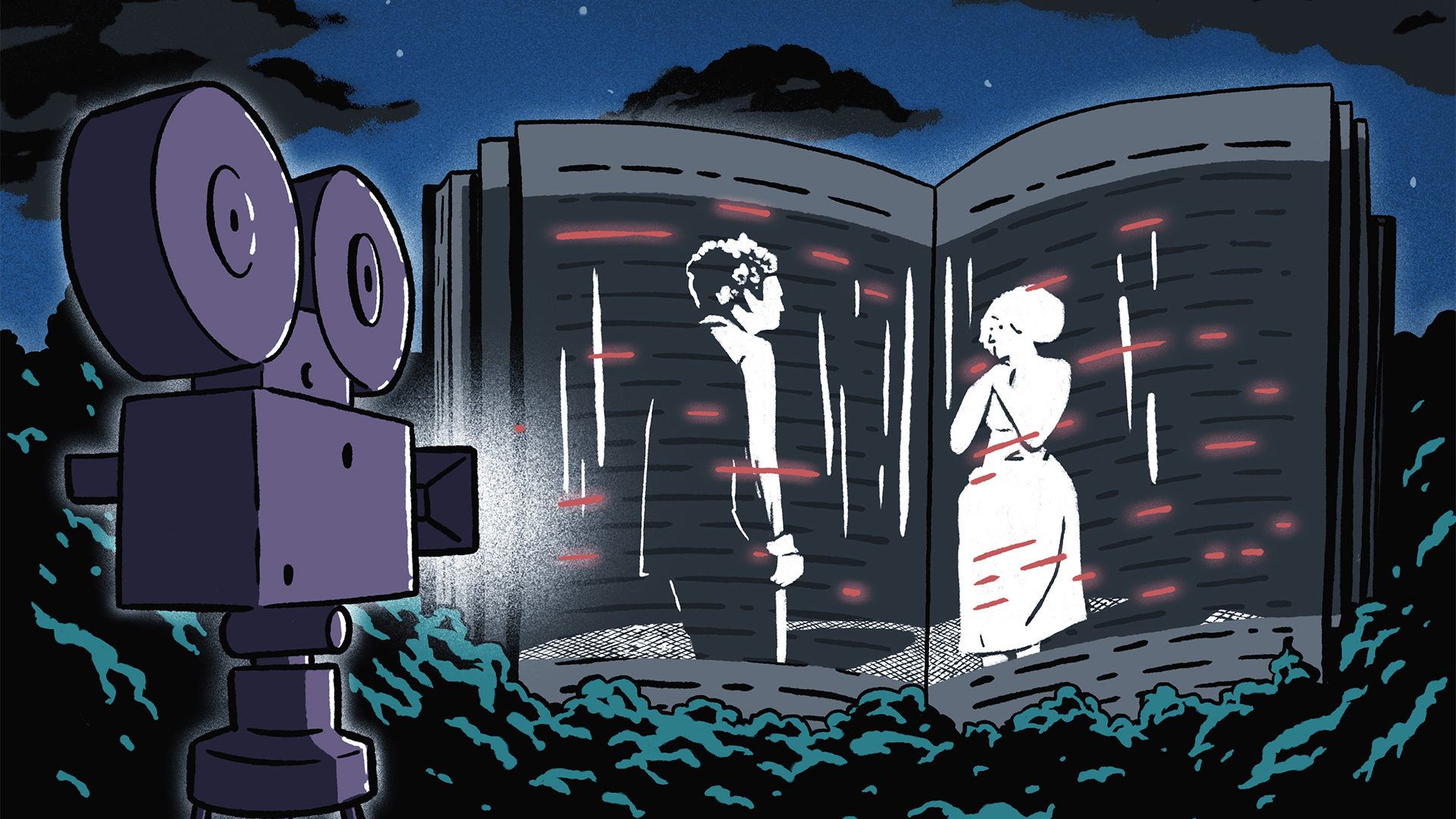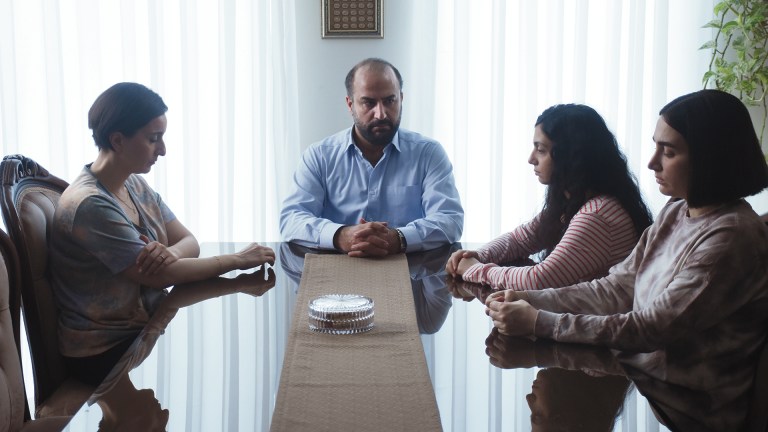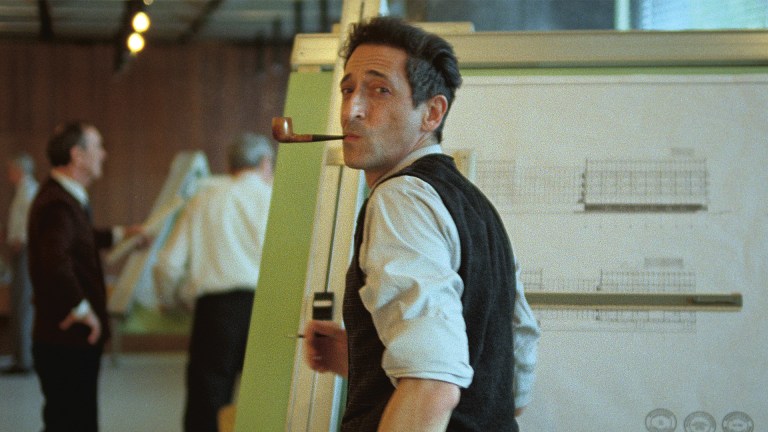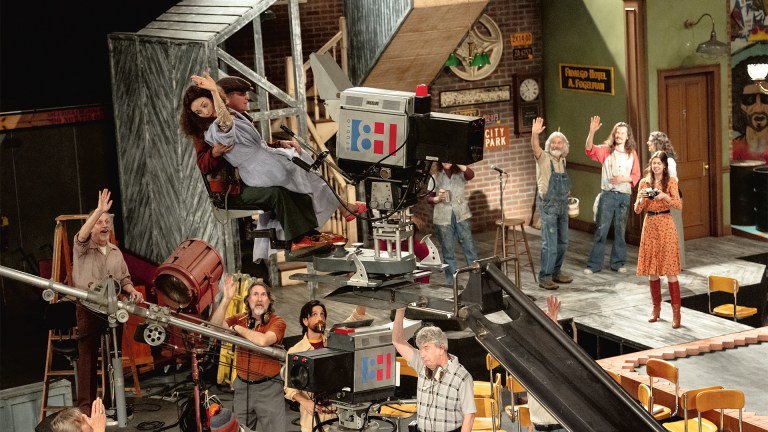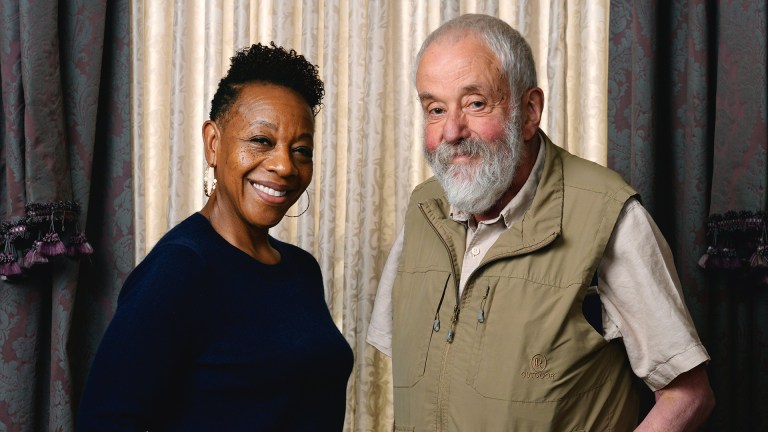Lost in the Garden, my surreal folk-horror novel, was heavily influenced by my love of underground arthouse cinema which first developed when I was a teenager – though, as I realised only recently, it wasn’t influenced in quite the way I’d always imagined. Growing up an orange-haired scamp in the wilds of rural 1980s Lincolnshire, there wasn’t much else to do than watch television and read books. Science fiction, cartoons and comedy shows on one hand; science fiction and fantasy on the other; and Jackanory, where they met in the middle.
Films, though, didn’t interest me hugely. Yes, I’d enjoyed the big rompy blockbusters I saw at the local cinema: Ghostbusters, Indiana Jones and the Temple of Doom, Superman II and III; and, like everyone my age, I was obsessed with Star Wars and knew the names of all the weird monsters and background characters. But they weren’t films, they were just themselves. Star Wars was Star Wars, it was its own unique thing that sometimes magically popped up on television around Christmas like a visit from Santa Claus. Actual films – the ones which mostly seemed to involve grown-ups discussing grown-up things – I mostly regarded as little more than slower, longer and more tedious TV programmes. Television is where I encountered them, after all, nestled between Blankety Blank and the Nine O’Clock News.
Get the latest news and insight into how the Big Issue magazine is made by signing up for the Inside Big Issue newsletter
The outlier was 2001: A Space Odyssey. Eight-year-old Adam was utterly mesmerised by it. The jump cut to silently orbiting spacecraft, accompanied by The Blue Danube Waltz, was one of the most haunting things I’d ever seen; and that final 50 minutes completely rewired my tiny brain. That night I dreamed I was standing outside in the garden watching spaceships pass silently overhead.
Some years later, in my teens, I borrowed a library book called Fantastic Cinema by Australian critic Peter Nicholls. It contained a piece about 2001: A Space Odyssey, a film I hadn’t seen since childhood, but about which I was still impossibly curious.
Over the course of 224 pages, the book outlined the history of sci-fi, supernatural horror and fantasy movies up until its publication in 1983. And the more I read, the more I became consumed by notions of underground, cult and arthouse cinema. I guzzled down Nicholls’ descriptions of Céline and Julie Go Boating, Eraserhead, Jean-Luc Godard’s Weekend, Andrey Tarkovsky’s Solaris and Stalker. I fell in love with all of them.
